When you apply for a VA home loan for the first time, you will encounter a lot of mortgage terminology and “jargon” you’ve never seen before. With terms like COE, funding fee, and amortization, the mortgage industry has its unique language.
However, it’s essential to understand VA loan terminology because it relates to your ability to qualify for financing and your long-term financial success.
With that in mind, we’ve created a VA loan glossary that includes some of the most important terms you will encounter—before, during, and after the mortgage process.
The Most Important Definition of All

With the alphabetical ordering of this glossary, the VA loan itself would have appeared at the end of the list. But it’s actually the most essential definition of all. So, let’s start with that.
- VA Loan: A mortgage loan approved by the Department of Veterans Affairs and accessible to qualified veterans, current service members, and certain surviving spouses. VA loans help by providing no down payment requirement, no mortgage insurance, and flexible qualification criteria.
VA Loan Glossary of Mortgage Terms
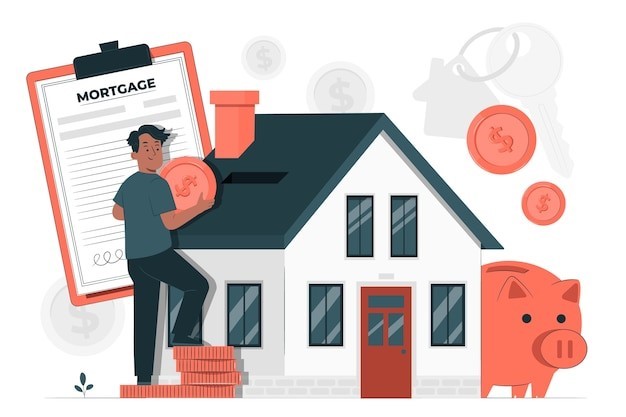
Here are some of the most important terms and definitions you should know when applying for a VA-guaranteed home loan.
- Adjustable-Rate Mortgage: A mortgage loan with an interest rate that can switch periodically based on market conditions. They often have lower VA mortgage rates during the first few years compared to a fixed-rate mortgage. VA home loans are available with both fixed and adjustable rate structures.
- Amortization: The process of gradually paying off a VA jumbo loan through regular payments that include principal and interest. Amortization schedules show how each payment is applied to reduce the loan balance over the repayment term.
- Annual Percentage Rate (APR): A standardized measure of the total cost of borrowing, expressed as a yearly percentage. The APR includes the interest rate, points, fees, and other charges associated with a VA loan, helping borrowers understand the total cost.
- Appraisal: An official evaluation of a property’s fair market value conducted by a licensed appraiser. The VA demand an appraisal to ensure the property’s value meets or exceeds the loan amount.
- Certificate of Eligibility (COE): A VA loan applicant’s eligibility is verified by the Certificate of Eligibility (COE), a document that the VA issues. It confirms the applicant’s military service and entitlement to VA loan benefits. Borrowers must obtain this document before they can apply for the program.
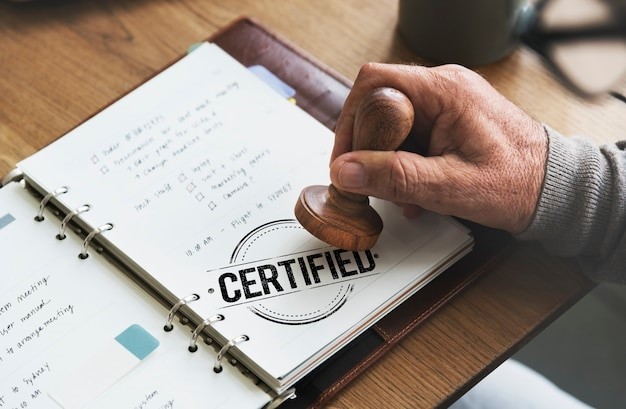
- Closing Costs: Expenses incurred during the home buying process, typically paid at the closing of the loan. VA loan closing costs can include fees for appraisal, title insurance, mortgage origination fees, attorney services, and prepaid property taxes and insurance.
- Closing Disclosure: A document provided by a lender to the borrower at least three business days before the scheduled closing. It outlines the final loan terms, including the interest rate, monthly payments, closing costs, and any additional fees associated with the transaction.
- Debt-to-Income Ratio (DTI): A financial metric utilized by lenders to assess a borrower’s ability to manage monthly payments based on their income and existing debt obligations. The DTI ratio compares the borrower’s total monthly debt payments to their gross monthly income and is expressed as a percentage.
- Discount Points: Optional fees are paid at closing to lower the interest rate on a VA loan. Each discount point typically costs 1% of the loan amount and can cut down the interest rate by a certain percentage, potentially saving money over the life of the loan.
- Down Payment: The initial payment made by the home buyer toward the purchase price of the property. VA loans don’t require a down payment in most cases, though some borrowers choose to make one in order to reduce their monthly payments.
- Earnest Money Deposit: A deposit made by the buyer to demonstrate their serious intent to purchase a property. The earnest money deposit is held in escrow and is applied toward the down payment or closing costs at the time of closing.
- Entitlement: The amount of the VA loan guarantee available to veterans is based on their service history and disability status. Borrowers new to the program and those who have used it before but paid off the loan when selling the home have full entitlement.
- Escrow: An arrangement where a neutral third party (like an escrow company) holds funds and important documents on behalf of the home buyer and seller. The escrow process helps ensure a smooth and secure transfer of the property. This term applies to conventional and VA loans alike.
- Fixed-Rate Mortgage: A mortgage loan with an interest rate that remains persistent throughout the life of the loan. Fixed-rate mortgages offer predictability and stability, as monthly payments remain unchanged, regardless of fluctuations in market interest rates. Again, VA loans are available with both fixed and adjustable rates.
- Funding Fee: A one-time charge paid to the Department of Veterans Affairs by VA loan borrowers. The funding fee helps balance the costs of the VA loan program and varies depending on factors such as the borrower’s military service, down payment amount, and whether it’s a first or subsequent use of benefits.

- Home Inspection: A detailed examination of a property’s condition conducted by a qualified inspector. Home inspections are optional with a VA loan, but the Department of Veterans Affairs encourages buyers to have a home inspection performed.
- Interest Rate: Also referred to as the “mortgage rate,” this is the percentage of the loan amount charged by the lender. The interest rate affects the monthly mortgage payment and the total amount paid over the life of the loan.
- Interest Rate Reduction Refinance Loan: A VA streamlined renegotiate, an Interest Rate Reduction Refinance Loan (IRRRL), which borrowers of VA loans qualify for, allows them to refinance their current VA loan to get a lower interest rate and lower their monthly mortgage payments. Unlike the no cash-out refinance procedures, an IRRRL is mostly not applicable to paperwork, but the VA loan underwriting process is usually quickly done if you are qualified. The IRRRL is an intelligent way to take the upper hand at lower interest rates, which can result in not only savings but also easier and faster homeownership.
- Loan-to-Value (LTV) Ratio: A ratio used by lenders to determine the risk of a mortgage loan. VA loan appraisal amounts to the appraised value of the property. An LTV ratio of up to 100% is allowed for a VA loan. This means the borrower does not have to make a down payment.
- Mortgage: A legal agreement that pledges property as collateral for a loan.
- Mortgage Insurance: Insurance that safeguards the lender in case the borrower defaults on the loan. In terms of FHA vs VA loan, VA loans typically do not require mortgage insurance, while FHA Loan and some conventional loans require it.
- Origination Fee: A fee charged by lenders to cover the administrative costs of processing a mortgage loan application. Origination fees are typically expressed as a percentage of the loan amount and can vary depending on the lender and loan program.
- Principal: The standard money borrowed in a loan, excluding interest and other fees. The monthly payments on a VA loan usually consist of both principal and interest, with a portion applied to reducing the loan balance.
- Private Mortgage Insurance (PMI): Unlike conventional loans, the ones with VA do not invoke PMI (private mortgage insurance), and the monthly payment is for the protection of the lender from the borrower default. Conversely, VA financing incorporates a financing fee designed with a purpose equivalent to PMI but usually at much lower rates than this latter. This difference is significant since it enables borrowers to save on the continuous payment that ought to be made for PMI premiums. By recognizing the non-existence of PMI demands with VA loans, borrowers can focus on one of the many cost-cutting advantages that it offers.
- Rate Lock: A contract between the borrower and lender that guarantees a specific interest rate and loan terms for a designated period. Rate locks protect borrowers from fluctuations in interest rates during the mortgage application process.
- Residual Income: After a borrower accounts for monthly bills from a gross monthly income, the leftover income is termed residual income. Through VA loans, regulating the residual income of borrowers is a must to gauge their capacity to make mortgage payments while handling other necessities. The amount of remaining income required varies, depending on things such as the size of the family, region, and money loaned. Through the residual income evaluation, lenders can analyze a borrower’s financial picture, which allows them to make a decision on the acceptability of the loan application from responsible lending and the borrower’s ability to bear the loan obligations point of view. Knowledge of residual income is highly critical for lenders and borrowers to make rational choices.
- Servicemembers Civil Relief Act (SCRA): Under the Civil Relief Act for Service Members (SCRA), among others, active-duty servicemen have a right to protection in the sphere of laws, including interest ceilings on any existing debts and precautions against foreclosure and eviction. At times, those with VA loans deployed could qualify for perks extended through the SCRA, which might include minimal interest rates on said mortgages. This bill attempts to solve the issue of service members who happen to be citizens of this country and suffer the financial burden. Provisions are made to lessen such burdens by ensuring they have the protection and can entirely focus on the job they were recruited to do without any financial distress. Familiarity with the SCRA is essential for VA loan applicants because it can provide them with available benefits and protections.
- Servicer: The entity responsible for managing and administering a VA loan on behalf of the lender or investor. Assumable mortgage servicers collect monthly payments, handle escrow accounts, and address borrower inquiries and requests throughout the life of the loan.
- Underwriting: The process by which lenders evaluate a borrower’s creditworthiness and ability to repay a VA mortgage loan. Underwriters review various financial documents, such as income statements, credit reports, and employment history, to assess risk and determine loan approval.
- VA Loan Limits: VA loan limits represent the highest amounts that the VA will secure without taking a down payment if one is required. Such limits may be different in a county and are set adequately by the loan limits enlisted by the Federal Housing Finance Agency (FHFA). Borrowers can still breach these limits by paying a down payment equal to 25% of the difference between the purchase price and loan limit. Notwithstanding, the VA loan limits remain crucial as they help borrowers make the right call on the utilization of their VA loan benefits.


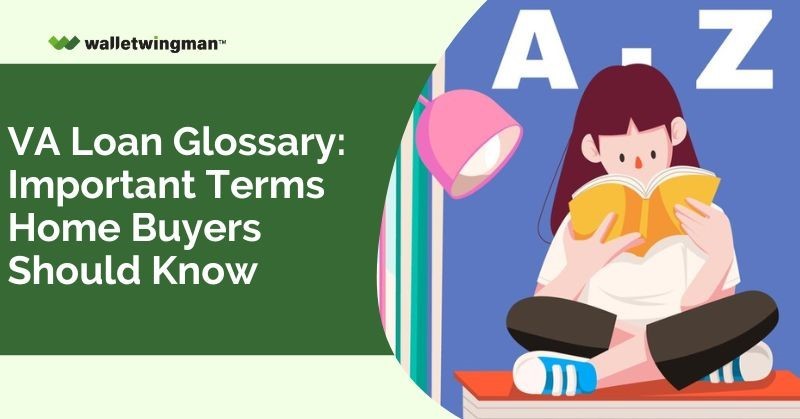
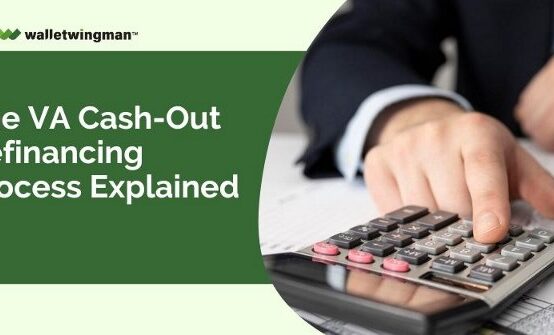 The VA Cash-Out Refinancing Process Explained
The VA Cash-Out Refinancing Process Explained  10 Important Quotes from the Official VA Loan Buyer’s Guide
10 Important Quotes from the Official VA Loan Buyer’s Guide 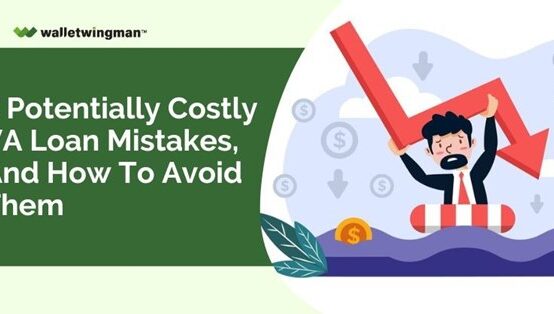 7 Potentially Costly VA Loan Mistakes, and How to Avoid Them
7 Potentially Costly VA Loan Mistakes, and How to Avoid Them  Requesting a Reconsideration of Value for a VA Loan Appraisal
Requesting a Reconsideration of Value for a VA Loan Appraisal  How Credit Scores Shape VA Loan Options?
How Credit Scores Shape VA Loan Options? 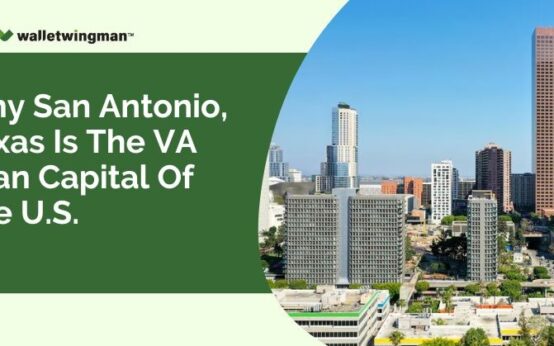 Why San Antonio, Texas Is The VA Loan Capital Of The U.S.
Why San Antonio, Texas Is The VA Loan Capital Of The U.S. 